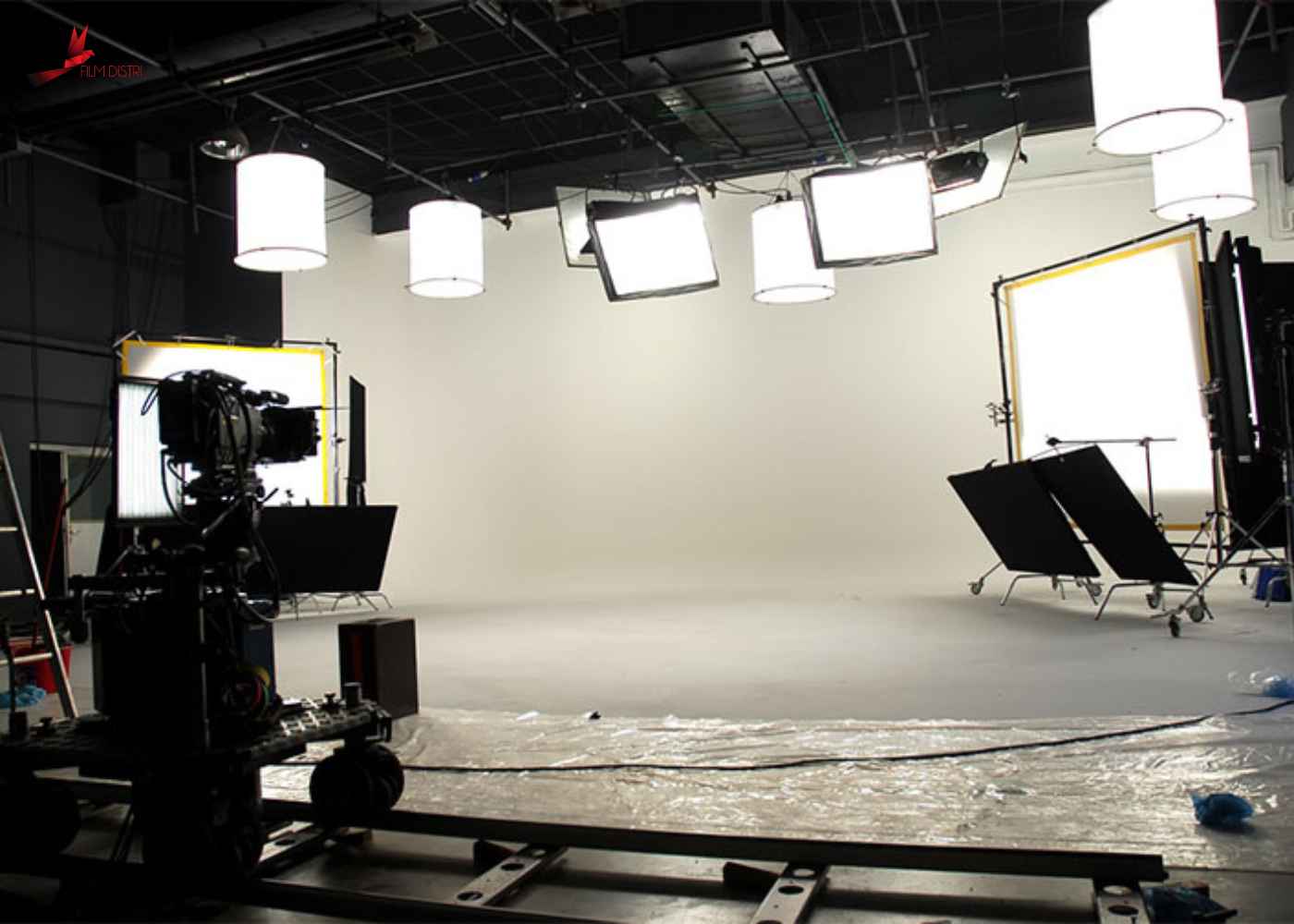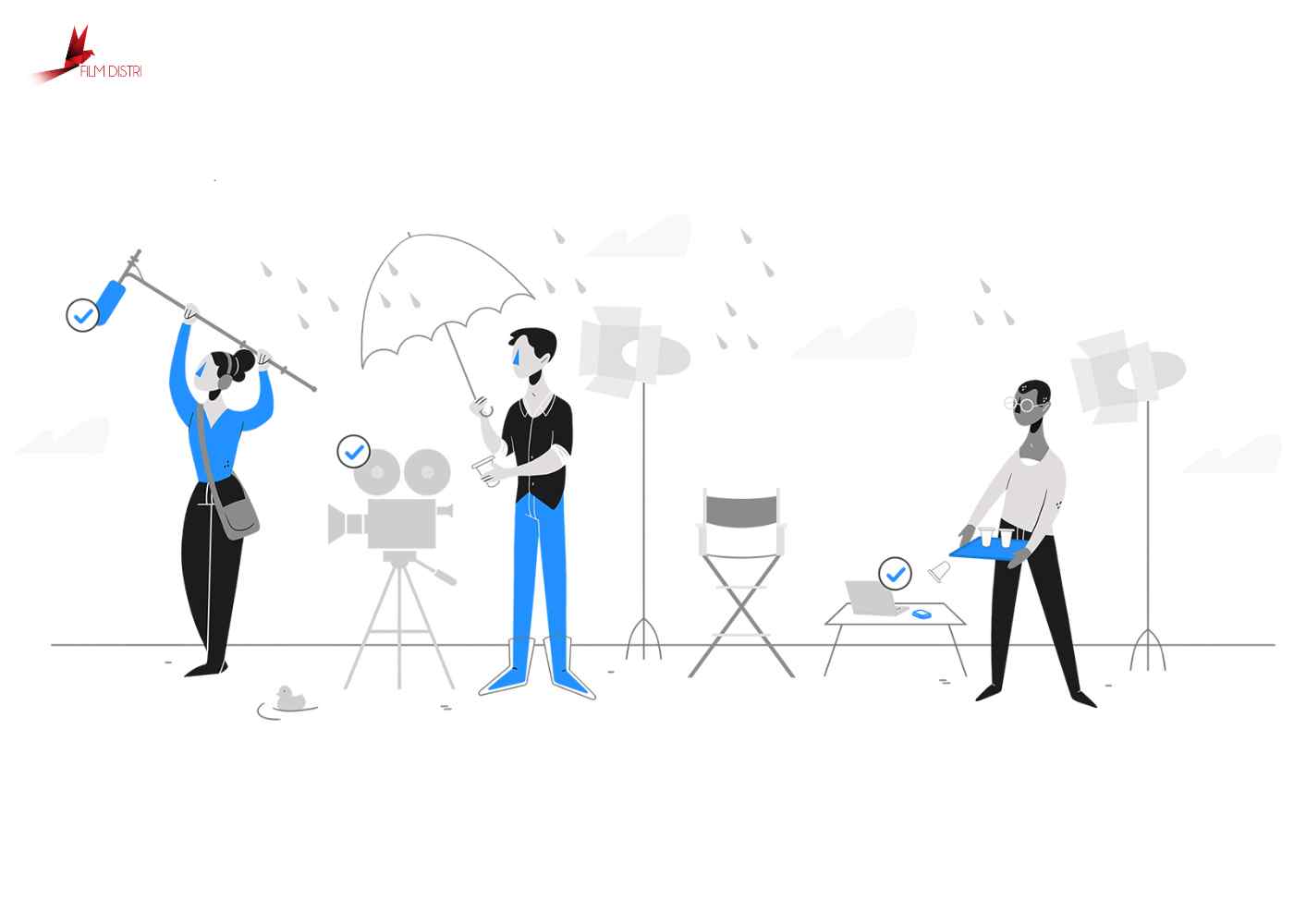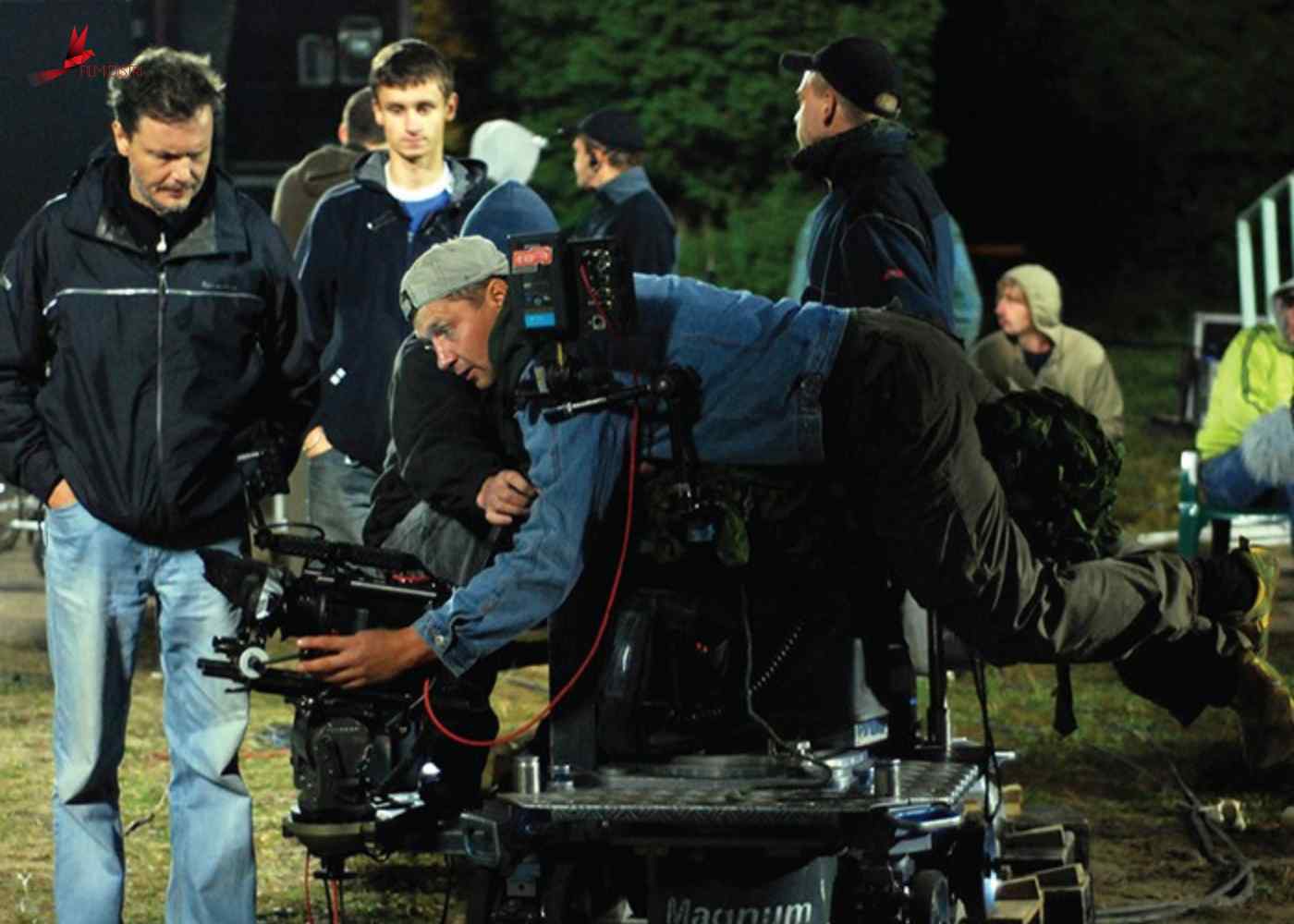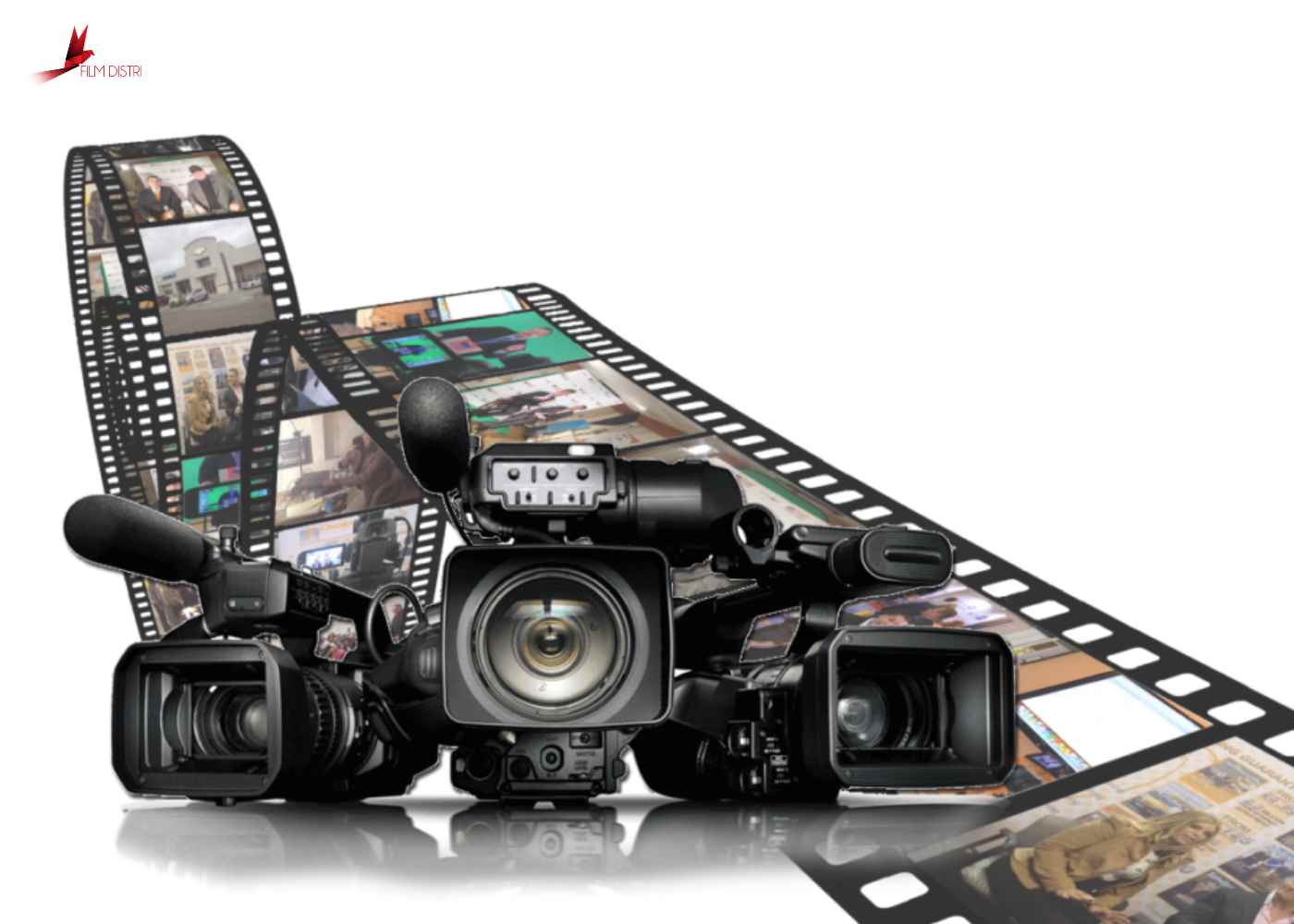Things don't always go as planned, as anyone who has worked on a movie set will attest to. In certain unfortunate situations, crew personnel are hurt when shoots are delayed, equipment is misplaced, or both. For this reason, among many others, producers buy film production insurance for every project.
However, because of complicated legalese and insurance language, it might be difficult to tell whether the coverage you're considering is a good one or not. This article explains all you need to know about entertainment insurance and offers some advice on how to negotiate the regulations for your upcoming production.

1. What is movie production insurance?
Your production is protected against liability up to a predetermined dollar amount with film production insurance. Every insurance plan is unique and is constructed when it is purchased specifically to meet the demands of your production firm.
While on-set injuries and property damage are typically covered by film production insurance policies, specialty policies can typically be added on, depending on your project. For example, the insurance coverage for a feature film shot underwater would be very different from that of a commercial shot on a used car lot.
Both plans have the same objectives, even though one would be more expensive: to safeguard the producer in the event that something goes wrong before, during, or after production.
In many ways, purchasing a film production insurance policy is similar to ordering a Chipotle burrito: you stuff it full of all the extras you believe you'll need. And if you don't take care, you can end yourself paying for it in the future.
2. What does insurance for film production cover?
Any car used for the production, whether it be by a PA making a dinner run or a union truck driver towing a trailer, is covered by a conventional film insurance policy, as are injuries sustained on the set, equipment damage, copyright disputes, and accidents.
Special policies can then be added from there.
Although the majority of film production insurance policies cover the same things, your broker will determine how much they actually cover. For instance, a broker who specializes in independent movies is probably unable to handle a big-budget studio movie where each A-List star needs to be insured for millions of dollars.
3. Why is insurance for movie production necessary?
Lighting fails. Cosplay catches fire. Actors start blazing.
No matter how well-prepared you and your crew are before the production, things can still go wrong when it's time to shoot. The expense of potential hazards that may arise before, during, or after production can be offset with the help of entertainment insurance.
You risk being sued in both criminal and civil courts if you don't have a reliable film production insurance plan. Additionally, it's never a good look to neglect your cast and crew.
Although the likelihood of your actor catching fire on stage may seem remote, there are many smaller, more frequent problems that can derail even the tiniest show.
4. Who purchases insurance for film production?
The initial policy is often bought by the proprietor of a production business or the producer in charge of a production.
The traditional point of contact with insurance brokers is from executive producers and back office producers. It's crucial to choose a point person who is at ease speaking on the phone because you'll need to interact with your entertainment insurance broker frequently to obtain insurance certificates (or COIs).
Aside from coming up with a catchy name, one of the first things your production firm should do is find an insurance policy.
5. How do annual production insurance and short-term production insurance differ?
An individual output is protected by short-term production insurance. This kind of production insurance is bought on a project-by-project basis and can cover as little as one day of production, whether you're creating a movie or a commercial.
Consider purchasing annual production insurance if you shoot several productions in a single year. The greatest option for active production companies in UAE is yearly policies, which, unlike short-term production insurance, cover all of your productions within a calendar year. DICE policies, which are intended to cover frequent projects, are typically obtained for that purpose.
The savings mount as you film more, even if annual production insurance is more expensive than short-term. When searching for film production insurance, you should always compare the two quotations, particularly if you are filming two films inside a single calendar year.

6. How much does film production insurance cost?
You typically need to request a quote, much like with entertainment payroll. However, the budget, the length of the policy (year vs. short-term), and the risk level are often what affect the price of video production insurance.
According to conservative estimates, you should budget roughly 3% of the total cost of your movie for entertainment insurance, which means that if your budget is $1 million, you'll also have to add an additional $25,000 on to that.
However, you probably won't need to spend the full 3%. It has never been easier or more economical to insure your production thanks to new film production insurance providers like Wrapbook.
Wrapbook combines insurance with payroll and offers short-term production insurance for as little as $500. Check out the simple quote builder to get an accurate cost for your production.
7. Who offers insurance for movie productions?
Only brokers who specialize in entertainment insurance can sell it.
They need to be license, just like brokers in other sectors of the economy. Even if the majority of video production insurance companies have gone digital, your policy will always be associated with a name.
And that name is more crucial than you might realize.
Having a trustworthy insurance agent is essential because you can only hold one insurance policy at a time. Even while the pricing you were quoted may be amazing, if your entertainment broker is unresponsive, it may up up costing you more in problems than you would have saved.
What does a broker of entertainment insurance do?
There are many brokers for entertainment insurance, but not many insurance companies. In the end, they're all buying from the same sources and "packing" it before selling it to you. Not that package, please.
In order to package plans that meet all of the criteria of their clients at the most affordable price, entertainment brokers search through various channels. They also print insurance certificates.
It is crucial to select a broker who is committed to providing excellent client service. It's quite important to have a broker who can guide producers through the permit process, update and change policy specifics, and help producers manage the process because production demands frequently change.
9. What attributes should an entertainment insurance coverage have?
Your production requirements are entirely covered by a reputable entertainment insurance policy. Never let yourself find yourself in a predicament where an incident on set isn't covered by your insurance.
Nevertheless, a strong policy incorporates flexibility. For instance, even if your production landed a shoot in cold weather even if you typically shoot on sound stages, you need an insurance that you can add upon and a broker that can make that happen. Because of this, the majority of annual production insurance policies let you temporarily instal specialty add-ons.
Your policy should cost no more than 3% of your total spending. However, when you include in the money you'd have to spend on legal fees for an uninsured shooting.

10. What does general liability mean?
For premises and locations (inside the US), general liability insurance offers coverage for third-party property damage and personal harm that occurs while filming.
However, you can typically extend it with an umbrella coverage. General Liability typically has a million dollar cap.
You'll nearly always need General Liability even though your video production insurance plan is tailored to your particular requirements. For example, The Screen Actors Guild mandates general liability insurance before you can work with their talent.
11. How can you be certain that you are obtaining the greatest deal?
Discussing the benefits and drawbacks of various entertainment insurance carriers with your entertainment brokers can help you find the best price on movie production insurance.
You need a broker who can demonstrate how your production fits into the market because there are numerous different types of insurance coverage. This will allow you to assess if you are over- or underinsured and whether the coverage limits are acceptable for the scope of your project.
Ascertaining whether you're obtaining the greatest bargain for your business will be greatly aided by making sure that coverages are appropriately matched to your manufacturing firm.
12. What exactly is an insurance certificate?
Your insurance information is shown on a certificate of insurance (also known as a COI). You must always carry these with you on a movie set in case danger erupts.
Have you ever been in a collision? You start by exchanging insurance information. Similar to how COIs work, a producer ought to be able to provide a crew member a certificate as soon as her camera is destroyed.
You can keep insurance certificates in your cloud-based folder with Wrapbook. With just one click, you may transmit COIs and easily configure permissions with your producers.
In Conclusion:
The last thing you want to learn while working is that your insurance is invalid. This article should have given you a good foundation for understanding film production insurance so you can choose the best plan. Now is the moment to select the ideal film insurance provider for you.







